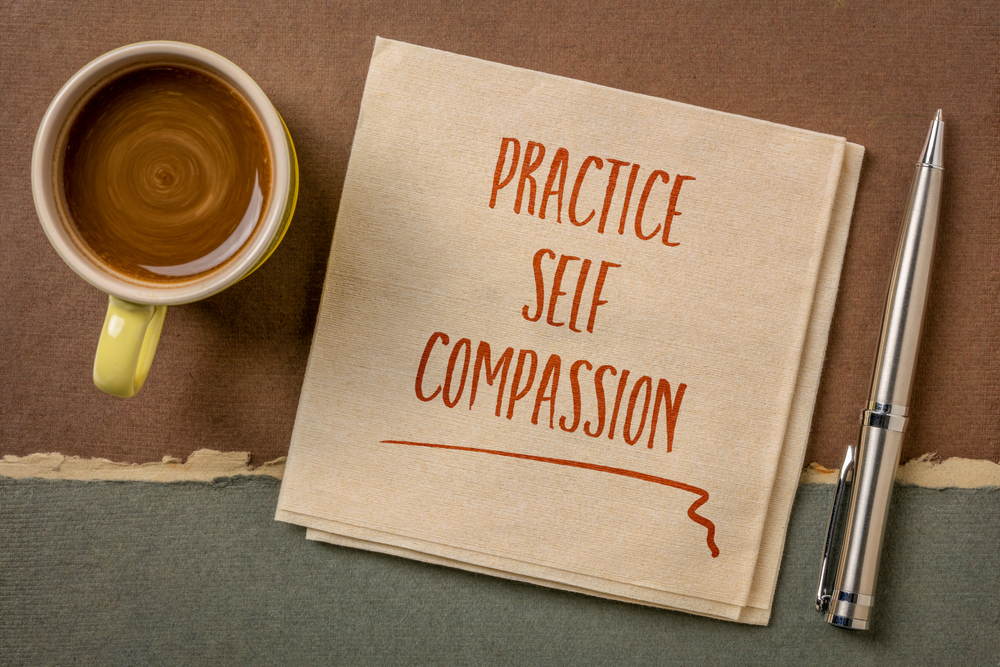
Birthdays, Christmas, Mother’s Day, Father’s Day, Valentines’ Day, wedding anniversaries – significant dates can be especially hard to navigate when you’re coping with grief. So why do special dates hurt so much?
The significance of these dates lies in the memories and traditions attached to them. While these special days and dates were previously infused with joy and a reason for celebrations with the ones that you love, now they have become poignant reminders of the loved ones you’ve lost.
Whether it’s the absence of a parent, a child, a spouse, or someone who played an important role in your life, all of these occasions can stir a mix of emotions, from sadness and longing to regret and even anger.
As these dates approach, it’s natural to wonder how you’ll cope with the wave of emotions they bring. In fact, preparing for an anniversary or event can often induce more anxiety than the day itself, with apprehension, and uncertainty being common emotions during this time.
Coping with grief on special days can be particularly challenging, but it’s important to remember that you’re not alone in your feelings and that there are ways to navigate through them.
Here are some coping strategies that you might find useful.
Plan ahead
By planning ahead you can help alleviate some of the pressure in the build up to the event.
- Identify your most useful coping mechanisms and think about how you might use these to help you navigate through the day.
- Choose the activities or actions you’d like to engage in on that day..
- Decide who you want to spend the significant day with, whether it’s family or friends or even being by yourself. children.
- Anticipate challenging dates and milestones so you can prepare in advance for them.
- Ask for help by reaching out to someone who can empathise with your situation.
- Practise and prepare simple responses to well-wishes to avoid feeling overwhelmed by explaining your emotions.
- Share your fears and your feelings with someone you trust to help clarify your desires and boundaries for the day.

Expect the unexpected
Just remember, despite what you’ve planned, grief can be hard to anticipate and you may feel totally differently on the day itself. That’s okay too – be prepared for the unexpected and listen to your gut feelings.
Grief has no timetable and it can often manifest in unexpected ways, especially on significant dates.
Allow yourself to feel whatever emotions arise, whether it’s sadness, anger, or even relief. There’s no right or wrong way to grieve, and it’s essential to give yourself permission to experience your feelings fully.
Grief can be isolating, but chances are, others around you are also grappling with similar emotions. Reach out to friends, family, or support groups to share memories, seek comfort, or simply have someone to listen to you.

Ignore the day and get off social media
Sometimes it’s just too painful to be reminded of a special date that is significant to other people too, such as Mother’s Day, Father’s Day, Christmas or Valentine’s Day.
Taking the day off from social media on these significant dates is a good idea as you don’t feel overwhelmed with sadness seeing other people celebrating this significant day with the ones they love.
If certain dates feel like a struggle, you can also choose to simply ignore the day altogether. It doesn’t need to retain its significance for you; perhaps the memories of celebrating while your loved one was alive are sufficient.
It’s okay to take a step back and opt out of traditional celebrations. By giving yourself permission to ignore the day completely you can focus on activities that bring you comfort and joy.
Do things that help you to feel happy and relaxed, whether they involve going out and enjoying an outdoor activity, treating yourself to a pampering session, reading a good book or going to a film.

Honour your loved one’s memory in a new way
Find meaningful ways to honour the memory of your loved one on these significant dates.
This might involve the same cherished traditions you shared with them when they were still alive or you might want to create a brand new set of traditions to remember special days.
- Light a candle
- Create a memorial tribute with photos you love
- Engage in activities that reminds you of them
- Share special stories and memories with your closest family and friends
- Include your loved one’s favourite foods as part of the holiday meal
- Hang a stocking for your loved one at Christmas
- Write a card or a letter to them as a therapeutic way to express your feelings and communicate with them, even in their absence

Practice self-compassion and listen to your heart
In times of grief, remember to be gentle with yourself, especially on these dates that trigger special memories of the one you loved.
Acknowledge that healing takes time and allow yourself breaks and self-care. Trust your instincts and learn to honour your loved one in your own way. Always prioritise listening to your own heart and spending the day in a way that feels authentic to you.
Grief is deeply personal and finding comfort lies in tuning into your own inner voice. Trust yourself to navigate this journey in a manner that resonates with your truth.



 0412 269 049
0412 269 049